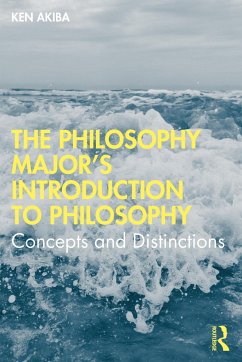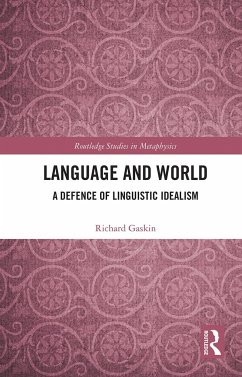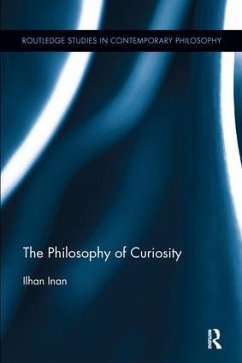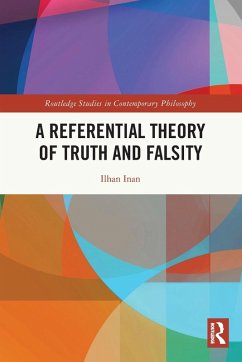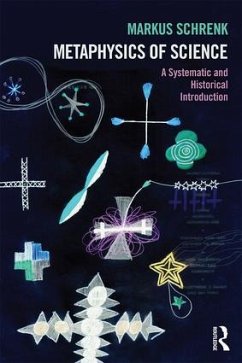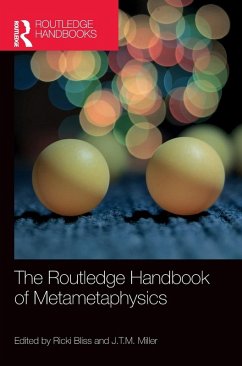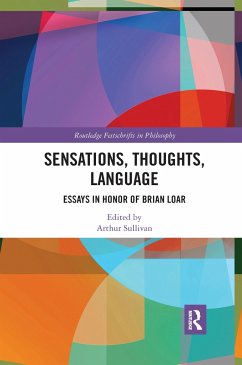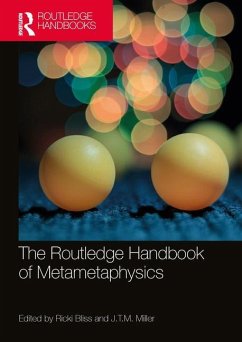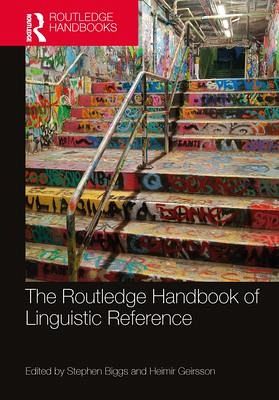
The Routledge Handbook of Linguistic Reference

PAYBACK Punkte
26 °P sammeln!
This Handbook offers students and more advanced readers a valuable resource for understanding linguistic reference; the relation between an expression (word, phrase, sentence) and what that expression is about. The volume's forty-one original chapters, written by many of today's leading philosophers of language, are organized into ten parts:Early Descriptive TheoriesCausal Theories of ReferenceCausal Theories and Cognitive SignificanceAlternate TheoriesTwo-Dimensional SemanticsNatural Kind Terms and RigidityThe Empty CaseSingular (De Re) ThoughtsIndexicalsEpistemology of ReferenceContributions...
This Handbook offers students and more advanced readers a valuable resource for understanding linguistic reference; the relation between an expression (word, phrase, sentence) and what that expression is about. The volume's forty-one original chapters, written by many of today's leading philosophers of language, are organized into ten parts:
Early Descriptive TheoriesCausal Theories of ReferenceCausal Theories and Cognitive SignificanceAlternate TheoriesTwo-Dimensional SemanticsNatural Kind Terms and RigidityThe Empty CaseSingular (De Re) ThoughtsIndexicalsEpistemology of Reference
Contributions consider what kinds of expressions actually refer (names, general terms, indexicals, empty terms, sentences), what referring expressions refer to, what makes an expression refer to whatever it does, connections between meaning and reference, and how we know facts about reference. Many contributions also develop connections between linguistic reference and issues in metaphysics, epistemology, philosophy of mind, and philosophy of science.
Early Descriptive TheoriesCausal Theories of ReferenceCausal Theories and Cognitive SignificanceAlternate TheoriesTwo-Dimensional SemanticsNatural Kind Terms and RigidityThe Empty CaseSingular (De Re) ThoughtsIndexicalsEpistemology of Reference
Contributions consider what kinds of expressions actually refer (names, general terms, indexicals, empty terms, sentences), what referring expressions refer to, what makes an expression refer to whatever it does, connections between meaning and reference, and how we know facts about reference. Many contributions also develop connections between linguistic reference and issues in metaphysics, epistemology, philosophy of mind, and philosophy of science.





